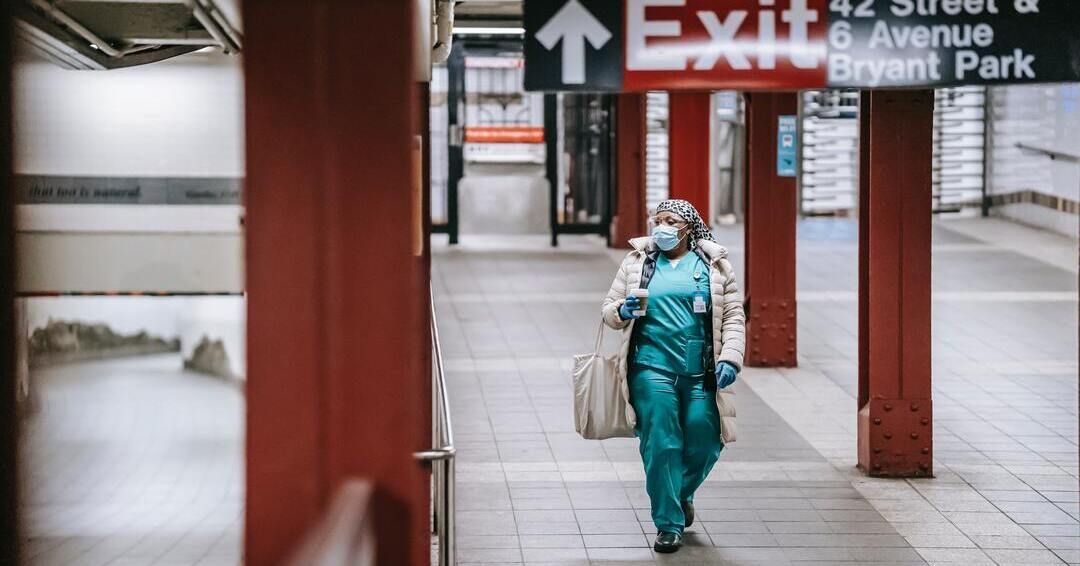Articles
From registered nurse to living in direct provision in Ireland: how fleeing her country has led her to be treated as a second-class citizen in the country
29 August, 2023

By Ru Yi Wong from Eurospeak
As part of the See Me, Hear Me project, 4 refugees, asylum-seekers and/or migrants were to be interviewed by each respective partner. The interviewees act as case studies for each partner to create a booklet that provides a realistic view of how asylum-seekers and migrants have found their experience integrating into European society. On behalf of Eurospeak, I had the opportunity to interview two migrants and two asylum-seekers to learn about their experience coming and living in Ireland. Throughout the interviews, the most common challenges faced by the interviewees were homesickness, loneliness and finding employment in their new home country. The interviewees did not have much problem with the language here as they have all been taught English in their home country.
One interviewee’s story stuck out to me the most, before fleeing their country due to the political upheaval in Swaziland, they worked as a registered nurse in Lobamba Clinic within the Swaziland Government organisation. Upon their arrival in Ireland as an asylum-seeker, they were placed in Direct Provision. It is “Ireland’s system of accommodating those seeking international protection while in the asylum process … providing them with food, board and basic necessities” (Irish Refugee Council, n.d.). So far, they have spent 9 months living in Direct
Provision whilst waiting for their interview with the International Organisation for Migration (IOM) to claim refugee status in Ireland. They now work as a wait staff in a restaurant to support themselves as the funds given to those living in Direct Provision is not enough to sustain themselves. According to the Irish Refugee Council, most asylees spend an average of two to three years in Direct Provision and others spend as long as seven years stuck in Direct Provision. Due to long wait times for their interview with the IOM to be given refugee status, they will spend what seems like an eternity living in Direct Provision. During this time, asylum-seekers face mental deterioration, homesickness, loneliness and their skills and knowledge will be out-of-date once they get out of Direct Provision. Without the correct documentation and certificates and their not up-to-date skills, it lowers their employability probability. So, not only are they stuck in Direct Provision and dealing with homesickness, loneliness and mental health issues, but they also need to find ways to constantly improve and upskill themselves during their time in Direct Provision so that they could find employment after they get out of there.
When asked what the biggest obstacles they are facing right now for those living in Direct Provision, the interviewee said that they felt “segregated from the community” and found it
difficult when trying to gather information on services such as health care, housing and getting the right documents to apply for funding etc. According to one of the interviewees, they said that “there is a gap between those who need the services and the services provided”, they later said that a lot of them do not know what is available and accessible to them. When asked if they would like the Irish government to change or improve their services, an interviewee suggested that would there be a website or portal created with all the useful information and where to access the services etc., that would be life-changing for them.
As for migrants, the decision to move abroad was due to their home country’s economic and political instability. Furthermore, the work/life imbalance in their home country led to their
decision to migrate to Europe as they are known for their work/life balance structure and their economic prosperities. In search of a better life and brighter future, the interviewees left their
countries and came to Ireland. Here, they were met with hostile anti-immigration protesters and right-wing parties that continue to spread disinformation surrounding the issues of overcrowding and insufficient resources and lands to host more migrants and asylum-seekers. Thus, it is no doubt that asylum-seekers and migrants all deal with mental health issues. It is also important to note that it is a privilege for those who were able to get help from a counsellor or a therapist as the average cost for therapy in Ireland is around 80 euros per session.
Although much has been done by the Irish Government to improve the living standards of asylum-seekers and refugees, they still have a lot of shortcomings when it comes to the living
conditions in Direct Provision and their efforts to improve the reception and inclusion of refugees and migrants within the country.
Bibliography
Irish Refugee Council (n.d.) ‘Direct Provision.’ Available at: https://www.irishrefugeecouncil.ie/listing/category/direct-provision
